News Desk
The News Desk provides timely and factual coverage of national and international events, with an emphasis on accuracy and clarity.
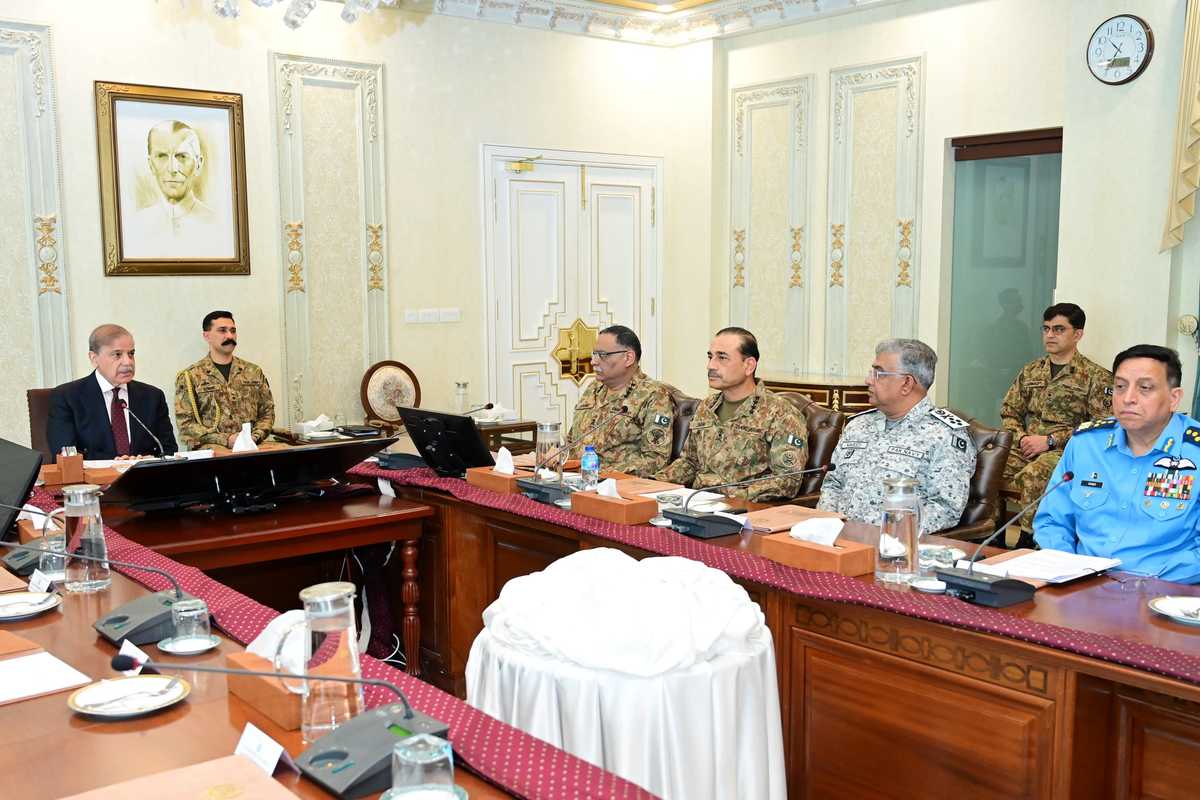
Pakistan’s Prime Minister Shehbaz Sharif chairs a meeting of the National Security Committee on May 7, 2025.
Pakistan's Press Information Department
Pakistan authorized on Wednesday its military to carry out retaliatory action after deadly Indian airstrikes killed 26 civilians, marking the most serious escalation between the nuclear-armed rivals in over two decades.
Earlier, the Pakistan military said it shot down five Indian fighter jets in response to airstrikes that targeted multiple sites in Punjab province and Pakistan-administered Kashmir.
None of the locations were militant camps, according to the Pakistan Army. A military spokesperson condemned the strikes as an unprovoked act of aggression and warned they would carry consequences.
“This is a blatant act of war,” said Lt. Gen. Ahmed Sharif Chaudhry, Pakistan’s chief military spokesman. “We will respond to this aggression at a time, place, and means of our own choosing.”
India has not confirmed Pakistan’s claims regarding the downed aircraft. However, four local government officials in Indian-administered Kashmir told Reuters that at least three Indian fighter jets had crashed in separate incidents overnight. All three pilots were hospitalized, the officials said. India’s defense ministry has not issued a formal statement.
- YouTube www.youtube.com
Images shared by Pakistan’s government showed twisted metal wreckage it said came from Indian jets shot down by Pakistani forces.
India says it struck terror camps
The Indian military action, referred to by New Delhi as “Operation Sindoor,” was launched early Wednesday. Indian officials claimed the strikes targeted nine “terrorist camps” in Pakistan and Pakistan-administered Kashmir.
“Intelligence showed that further attacks were imminent,” Indian Foreign Secretary Vikram Misri said. “We had to take pre-emptive and precautionary action.”
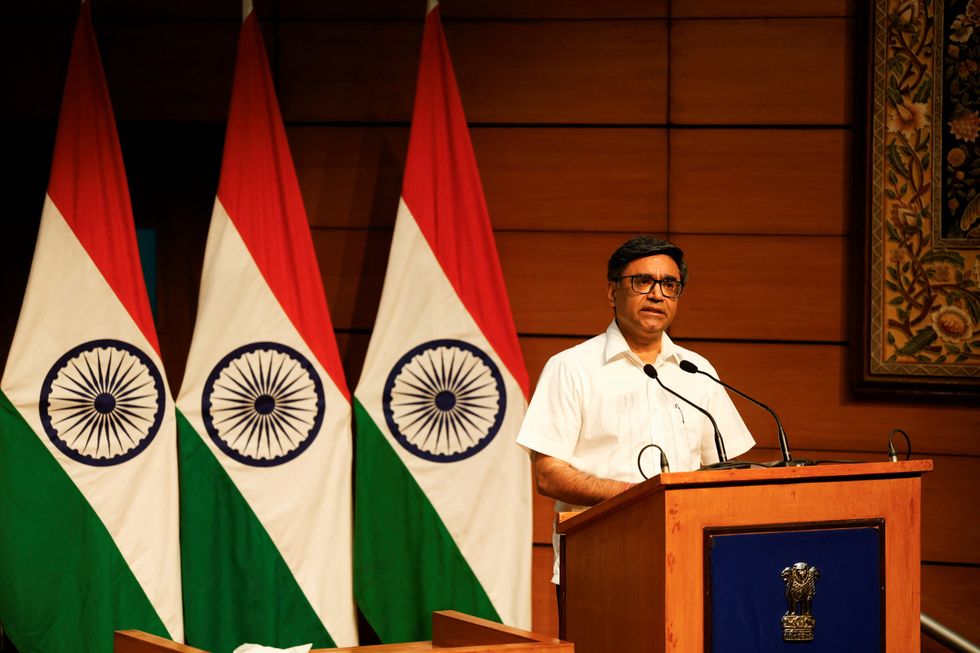
Pakistan denied that any of the targeted sites were used for militant activities and said 24 weapons struck civilian areas.
At least 12 people were killed and 29 others wounded in Poonch in Indian-administered Kashmir, local official Azhar Majid told AFP.
"We woke up as we heard the sound of firing", Farooq, a man in the town of Poonch, told the Press Trust of India news agency from his hospital bed, his head wrapped in bandage.
NSC authorizes military to take corresponding action
As tensions soared, Prime Minister Shehbaz Sharif chaired a meeting of the National Security Committee (NSC) to assess the fallout from the overnight strikes.
A statement from the Prime Minister’s Office said the forum condemned India’s “cowardly and unlawful act of war” and offered prayers for the civilians killed.
According to the statement, the Indian military used missiles, drones and aircraft to target multiple locations across Pakistan’s Punjab province and Pakistan-administered Kashmir, including Sialkot, Muridke, Bahawalpur, Kotli and Muzaffarabad. Civilian infrastructure, including mosques and the Neelum-Jhelum Hydropower Project, was hit.
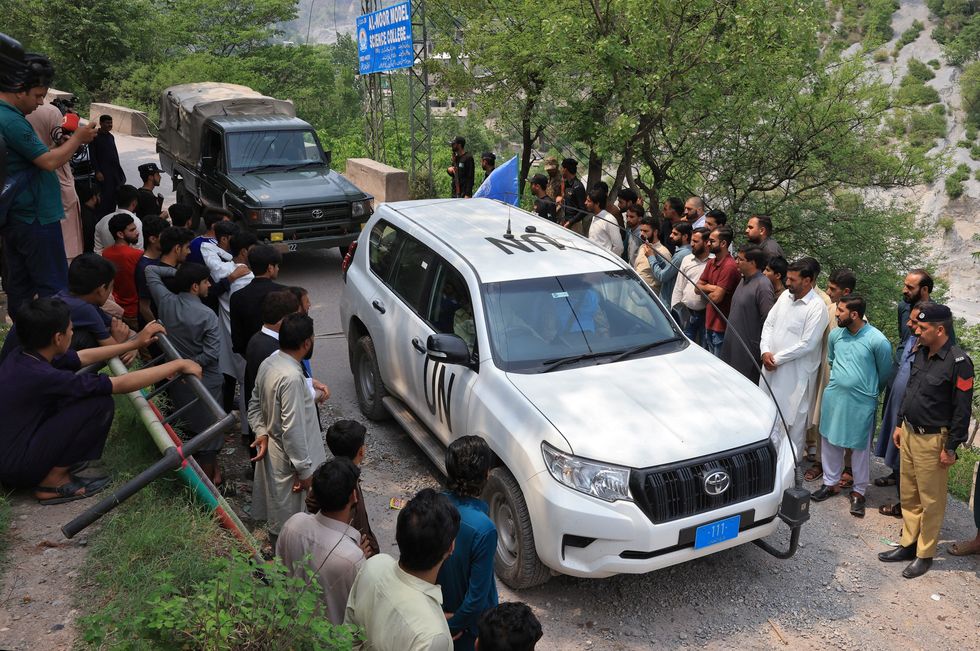
Pakistan claimed the Indian attacks endangered international air traffic and violated international conventions. The NSC rejected India’s justification for the strikes, describing the claims of terrorist camps as “imaginary” and pointing out that international media had visited the alleged sites just hours before the attack.
The committee called India’s military action a “heinous and shameful crime” and “a naked violation” of Pakistan’s sovereignty and international law.
“India, against all sanity and rationality, has once again ignited an inferno in the region,” the NSC said in its statement, adding that the full responsibility for the consequences “shall lie squarely with India.”
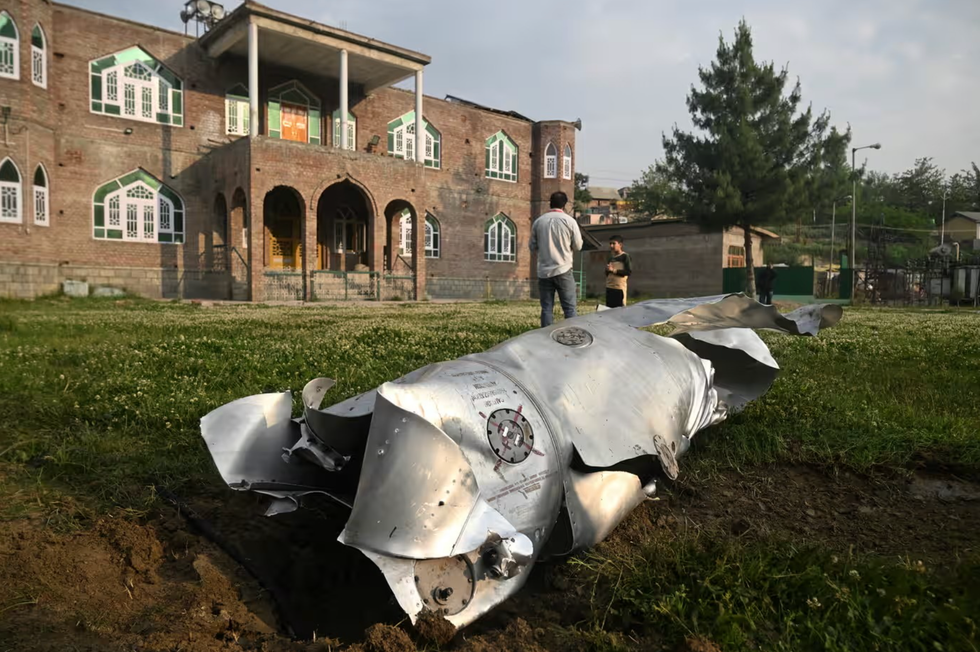
Pakistan reiterated that it had previously offered a transparent investigation into the April 22 attack in Kashmir, which India cited as justification for the strikes. That offer, Islamabad said, was ignored.
The NSC reaffirmed that Pakistan’s armed forces had acted in self-defense and were authorized to carry out corresponding actions.
"In consonance with Article-51 of the UN Charter, Pakistan reserves the right to respond, in self-defense, at a time, place, and manner of its choosing to avenge the loss of innocent Pakistani lives and blatant violation of its sovereignty. The Armed Forces of Pakistan have duly been authorized to undertake corresponding actions in this regard," the statement read.
The statement concluded with a call for the international community to hold India accountable and reiterated Pakistan’s commitment to peace with “dignity and honor.”
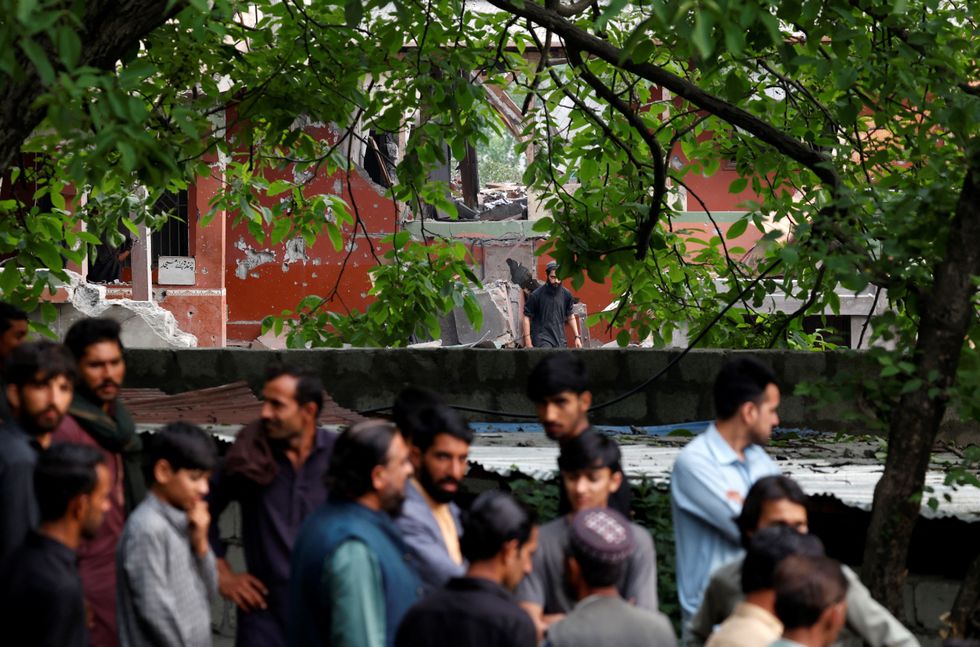
Pakistan summons Indian diplomat
In a formal protest, Pakistan’s Foreign Office summoned India’s top diplomat in Islamabad and accused New Delhi of violating its sovereignty. “This is a clear breach of international law and norms,” the statement said.
Intense cross-border shelling erupted along the Line of Control in Kashmir following the airstrikes, with police and witnesses on both sides reporting exchanges of heavy gunfire.
Airspace restrictions briefly disrupted commercial flights in both countries. Pakistan temporarily suspended operations at major airports, including in Lahore and Karachi. Indian authorities also closed several airports near the border and rerouted flights.
Pakistan International Airlines diverted several incoming flights to Karachi, while Qatar Airways suspended operations to Pakistan amid rising tensions.
In India, budget carriers IndiGo and SpiceJet canceled or rerouted flights due to airspace closures. Air India redirected two international flights from Amritsar to New Delhi.
- YouTube youtu.be
On the ground, authorities in Pakistan’s Punjab province declared a state of emergency. Hospitals were placed on high alert, and explosions knocked out electricity in parts of Pakistan-administered Kashmir, including its capital, Muzaffarabad. Schools were shut down across Indian-administered Kashmir.
World leaders urge calm
World leaders urged both sides to exercise restraint.
U.S. President Donald Trump called the violence “a shame” and said he hoped it would end quickly. Secretary of State Marco Rubio spoke with national security advisers from both countries and urged open communication to prevent escalation.
U.N. Secretary-General Antonio Guterres called for “maximum military restraint,” and China, which borders both India and Pakistan, expressed concern.
“China finds India’s military operation early this morning regrettable,” the Chinese Foreign Ministry said. “We urge both sides to act in the interest of peace and stability.”
A team of U.N. officials had arrived in Pakistan-administered Kashmir to ascertain facts after the strikes, the region's information minister said.
Analysts warned the crisis could deepen.
“Given the scale of the Indian strike, which was far greater than what we saw in 2019, we can expect a sizable Pakistani response,” said Michael Kugelman, a South Asia analyst based in Washington.
“All eyes will be on India’s next move,” he added. “What comes next will determine whether this becomes a prolonged conflict or a moment of brinkmanship.”
— With additional input from Reuters.







Comments
See what people are discussing